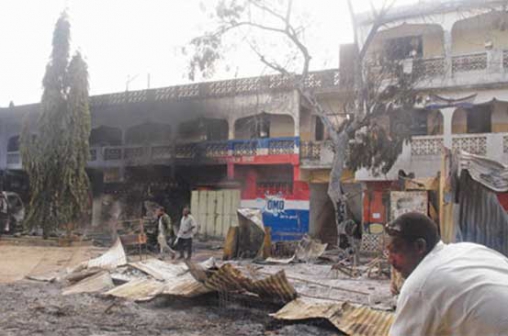×
The Standard e-Paper
Smart Minds Choose Us

MOMBASA, KENYA: A police commander in Lamu during the June 2014 terrorist massacre at Mpeketoni on Wednesday shocked the court when he recalled how senior police officers sabotaged his operation, leading to the killing of 65 people.